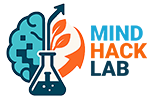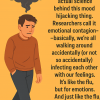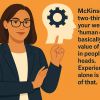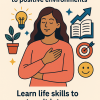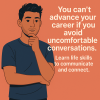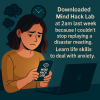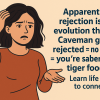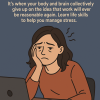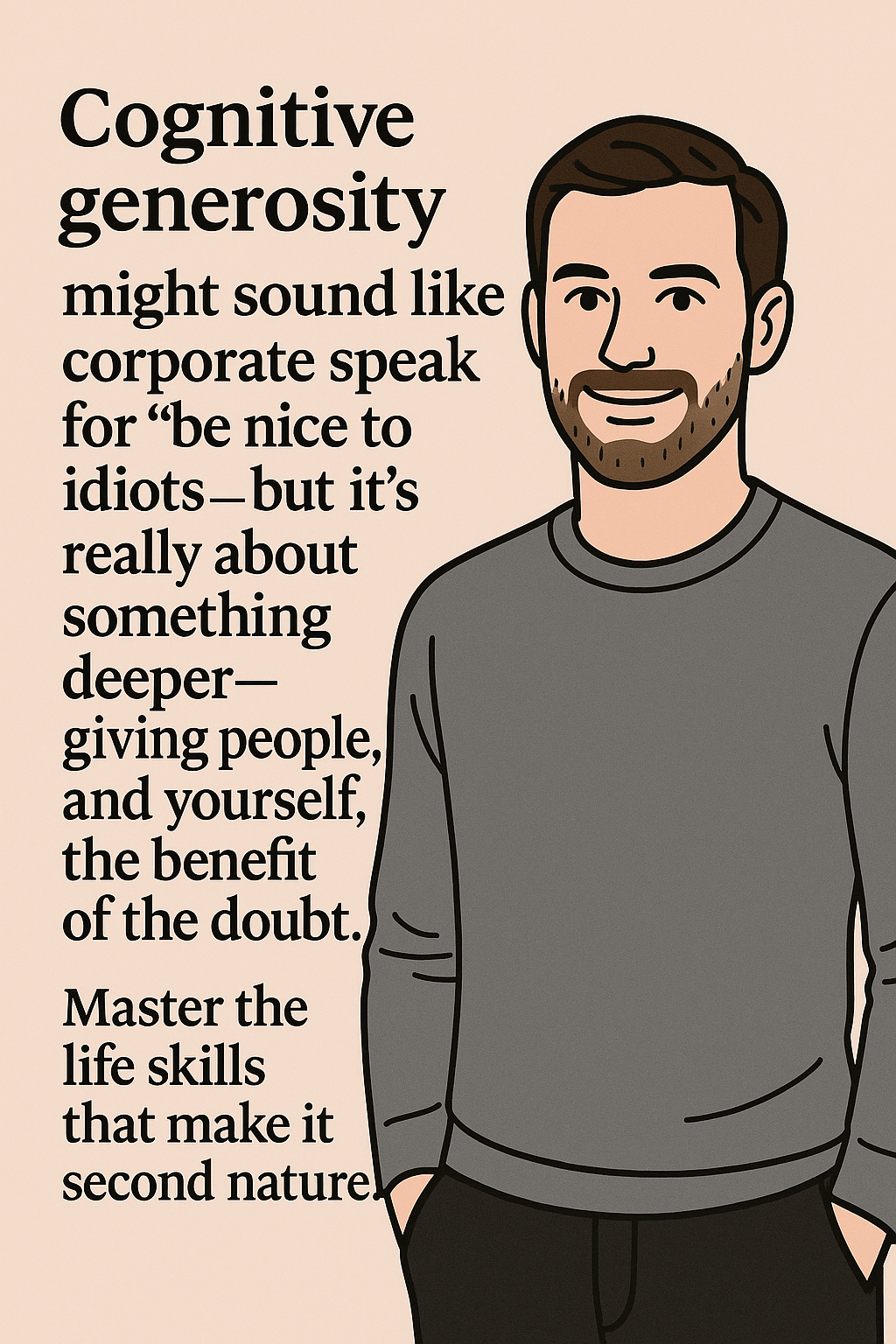
Cognitive Generosity: Why I'm Learning to Stop Assuming Everyone's Out to Get Me
A personal journey from defensive skepticism to thoughtful openness in the workplace
Dave just spent 10 minutes explaining his "revolutionary" idea for email management, and for once, I didn't immediately start planning my resignation.
Progress? Maybe. I mean, it's still basically just email filters with extra steps, but there might be one useful bit in there if I squint.
Here's what I'm starting to realize - I've been pretty terrible at giving people the benefit of the doubt. Remember when I pitched that AI task prioritization thing last week? (Yes, basically a judgmental to-do list.) Dave shot it down. Instead of spiraling all weekend, I only spiraled for like... two days. That's improvement, right?
I've been learning about this thing called cognitive generosity. At first I thought it was just corporate-speak for "be nice to everyone," but it's actually more interesting than that. It's about using some emotional mastery stuff to pause before your first defensive reaction takes over.
Downloaded Mind Hack Lab last Tuesday at 2am. Right after that meeting where I called Sarah's idea "cute." Still cringing. My friend had been bugging me about it for weeks - "just try one session, what's the worst that could happen?" So there I was, skeptical but desperate.
The thing is, I'm starting to notice when I do it now. Mid-sentence, I can catch myself dismissing someone's idea before they finish talking. I don't always stop myself - old habits die hard - but at least I'm aware of it happening.
And maybe the biggest shift is how I'm trying to talk to myself. You know that inner critic that sounds like a drunk sports commentator who hates everything? Mine's still there, but sometimes I can turn the volume down a bit. Not always. But sometimes.
Used one of the techniques again last week. 3am LinkedIn doom scroll. Sitting on my bathroom floor (my new meditation space, apparently) trying not to wake my roommate. The AI coach thing walked me through questioning why I think what I think. The 2-Minute Reframe or whatever. It actually helped for a while.
What's surprising is how much energy I'm saving by not assuming everyone's an idiot or plotting against me. Don't get me wrong - I still have those thoughts. But maybe 60% of the time instead of 100%? When someone doesn't respond to my Slack immediately, sometimes I think "they're probably just busy" instead of "they obviously hate me."
Small wins, but wins nonetheless.
Actually tried another session yesterday. The breathing one - Center-Breath + Label? They're starting to make more sense now that I'm not downloading them all in a panic at 3am. There's this pause that I'm terrible at remembering, but when I do, it's kind of amazing. Like a tiny buffer between thought and reaction.
The weird part is noticing how generous other people have been with me. Sarah didn't report me to HR. Dave still includes me in brainstorming. My manager pretends not to notice my chronic lateness. Maybe people aren't actually out to get me?
I'm not saying I'm transformed or anything. Yesterday I still mentally wrote off a new hire for mispronouncing "ROI." (Hypocrite alert: I once forgot what it stood for entirely.) But then I caught myself and thought - wait, maybe they're just nervous. Maybe I could help instead of judge.
It's exhausting being at war with everyone, including yourself. I'm trying to lay down some weapons. Not all of them - I'm not naive. But maybe I don't need to be quite so armed all the time.
Read something about how disengagement is costing like $8.8 trillion globally. Makes sense. Being defensive all the time is expensive, emotionally speaking.
Should probably do another one of those 30-minute sessions. The Micro-Recovery one seems helpful, or maybe I'll retry the emotional stuff. When I can focus on them properly, they actually stick better.
Maybe cognitive generosity isn't about being fake nice or pretending bad ideas are good. Maybe it's about considering that your defensive first reaction might be worth questioning. That Dave's email thing might have one useful element. That Sarah's not trying to embarrass you. That you're allowed to forget things without being a garbage person.
I'm still tired. Still defensive more often than I'd like. But maybe - cautiously, carefully - I'm getting a tiny bit better at this.
Dave's explaining another idea right now. I'm going to try actually listening.
Wish me luck.
Techniques I'm sort of getting the hang of:
- That 2-Minute Reframe thing (questioning assumptions)
- Center-Breath + Label (the pause I always forget)
- Boundary Script: Yes-With-Tradeoff (from my LinkedIn spiral night)
- Micro-Recovery (getting better at this one)
PS - This is skills training, not therapy. Just so we're clear.
Ready to Practice Cognitive Generosity?
Start with a free session and see how it feels to give yourself (and others) a break.
